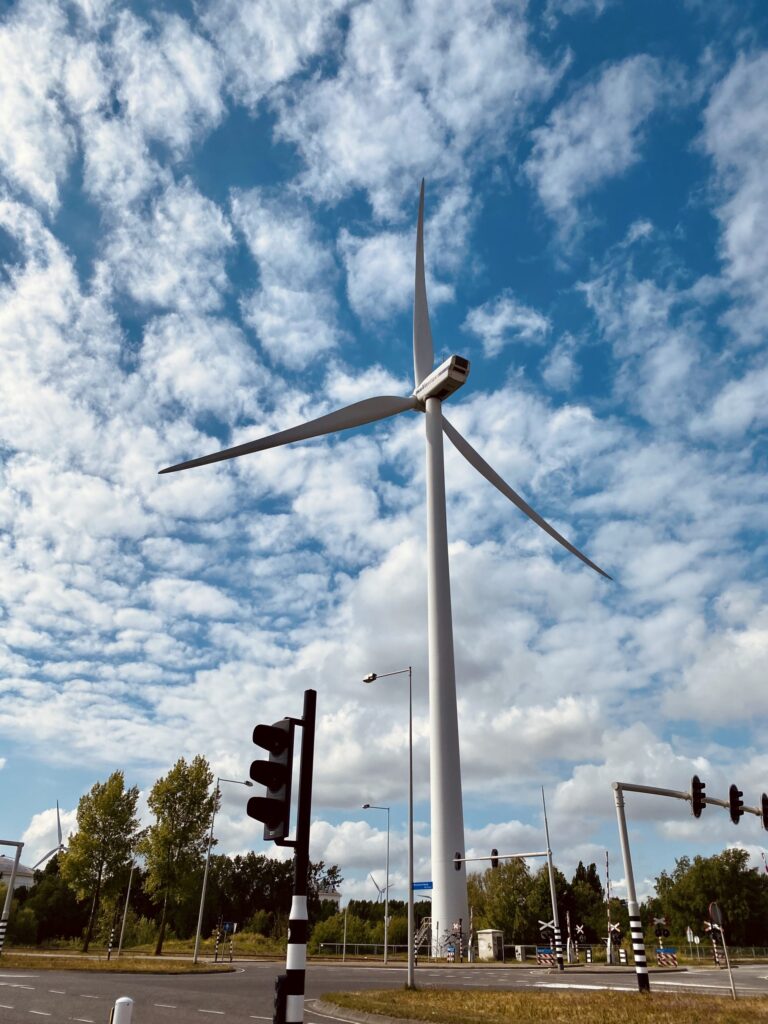Europe, at large, entered the Coronavirus lockdowns in the middle of April. While a sizable number of well-read people knew that it would be a long road ahead, full of uncertainties and challenges, for policymakers, that was the time to expedite short-term action to sustain the livelihoods of vulnerable sections of society. As a result, tourism was completely shut down. Anything that involved the coming together of people face to face was deemed necessary to be shutdown in order to stop the virus’ spread.
Now that the numbers are starting to decrease and the caseload becoming manageable, countries are in a hurry to kickstart business as usual. This is driven by the need to get the situation back to normalcy, both in economic as well as social terms. Humans are social animals, after all. Just like we crave food for sustenance, we also long for social contact and cultural experiences for our well-being.
So, as restaurants and cafes are starting to reopen, albeit with distancing measures, travel is also beginning to slowly come up to speed. Airlines have been operating within European borders. People are starting to drive to and from neighboring countries. Combined with distancing measures, this influx of neighbors has actually led to crowding that’s very difficult to manage.
While a lot could be said about why tourism these days is not the same as back in the day when people took longer vacations and when travel was more expensive, this is not the post for that.
I am more curious about how the current technological state-of-the-art could be used to make short-term/weekend tourism unnecessary. After all, what is tourism that only lasts a long weekend? Is a vacation away in a different continent any better than staying home if most of it is spent traveling and sleeping? Is there a way to do away with this kind of tourism and leverage technology instead?
VR rings a bell. Surely, it would be great if we could live the moment in another city while not really going there. I think this would work for virtual travel to places that are otherwise bereft of experiences that trigger senses related to smell, taste, atmospheric changes, and other feelings that technology still cannot affect.
But, VR works great for creating entirely new kinds of experiences. It’s like video games. A holiday experience does not have to really replicate the real world — it is a kind of escape. It just so happens that traditionally a vacation involves secondary experiences related to lodging at a hotel, not having to cook, driving on new roads, etc. Instead of just changing a few hours of your daily life, a vacation is about making you live all your waking hours differently. And, since we are so busy, any respite from daily repetition is a good change.
Perhaps the answer is not in technology. Perhaps, it is about reconnecting with our cities and learning something new about it. Maybe, we ought to redefine a holiday getaway as more about the mind than physical presence. Instead of effecting a change in routine by forcing a physical movement, we should investigate the power of relaxation or indulging in exploration in our own vicinities.
This is something that has worked for me. Whereas previously we would often go on weekend getaways, the virus situation has forced us to spend more time in our city and nearby. Guess what! Even after having lived here for 10 years, we are still discovering nature so close to Amsterdam that we never knew existed. I often find myself exclaiming that this place looks like it belonged in a different continent.
Cycling has been wonderful, too. Weekends are now spent cycling to nearby nature parks rather than walking around in the city with other people at close proximity. Along with the health benefits, this helps in getting away from crowds, provides meditative effects, and also saves the planet from pollution that otherwise would have been released into the atmosphere. It’s a win-win.
So much of our holiday travel starts with anxiety around planning and delays and ends as such. Wouldn’t it be great if we focused more on well-being than checking off places to make it a vacation?


















